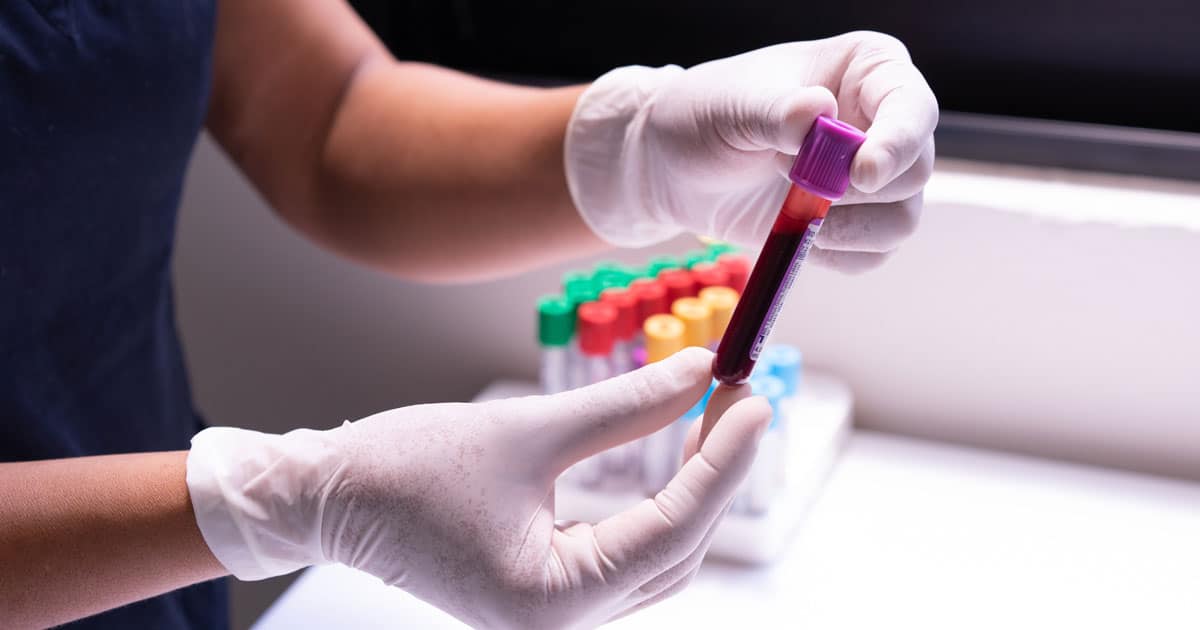Phlebotomy is the process of removing blood from the body for (mostly) medical purposes such as blood testing. Blood testing, or blood work, can offer essential insights into your body’s current state.
Most doctors and health professionals recommend getting your blood tested at least once a year. But if you’re feeling queasy about going to a hospital, getting pricked by a needle, and the sight of your own blood getting drawn into a syringe, then you better sit down and calmly read the tips below to better prepare yourself for some future blood work.

Bloody Great Phlebotomy Patient Tips:
1. Don’t go in blind.
Before you go for your bloodwork, take time to confirm with your doctor or healthcare provider what kind of blood test or tests you’ll be taking for the testing day. Go through all the details and not be afraid to ask questions about test requirements (e.g., hours of fasting) and phlebotomy itself.
2. Hydrate.
Drinking your daily required water intake (or more) will increase your blood volume. Also, water will help plump up veins for a smoother phlebotomy experience. Avoid caffeinated drinks as they reduce the amount of water in your body and blood, thus changing the levels of certain compounds in your blood, which can skew blood test results.
3. Eat!
Although certain blood tests will require you to fast for several hours beforehand, doctors recommend eating “a good meal one to two hours before” a standard blood test. Doing so can help prevent lightheadedness and nausea. In addition, to ensure your body’s strength and constitution for blood work, you should consume more lean protein and avoid rich food and alcohol. However, if you really can’t stand the sight of blood and have a history of vomiting at the sight of it, it is best not to eat too heavily right before an appointment.
4. Relax and take a breath.
Regulate your anxiety through deep breathing. Remember, the calmer you are, the more pleasant your phlebotomy experience will be. And the faster you’ll be out of the blood collection site. So if you’re anxious about your test, take deep breaths for a better blood work experience.
5. Be honest and speak up.
Honesty is the best policy, especially in the medical world. For example, do you feel nauseous or feel like fainting? Tell your phlebotomist so they can position your body properly to keep you from falling. Do you want them to use a smaller needle because you feel uneasy? Just tell them so! Moreover, speak up if you’re taking any blood-thinning medication (e.g., aspirin, clopidogrel). The phlebotomist or health professional must see to it that your bleeding has stopped after the test.
*Try not to look.
Obviously, if blood and needles make you sick to your stomach, then you should avoid looking at that spot where the needle will pierce your vein in a blood test. Instead, you can look up, read an e-book, or chat with your doctor or phlebotomist. Chatting and asking questions about the procedure can also help relieve anxiety for most people. Most health professionals experienced in phlebotomy understand that blood tests can be difficult for some people – they’re usually great at distracting patients and keeping them calm.
